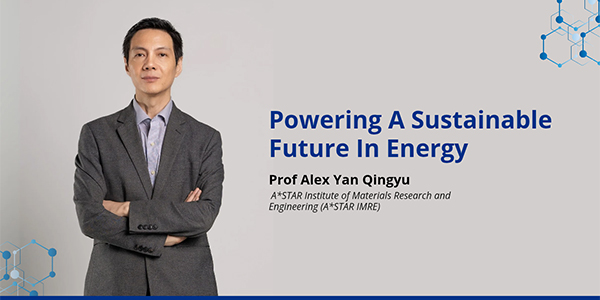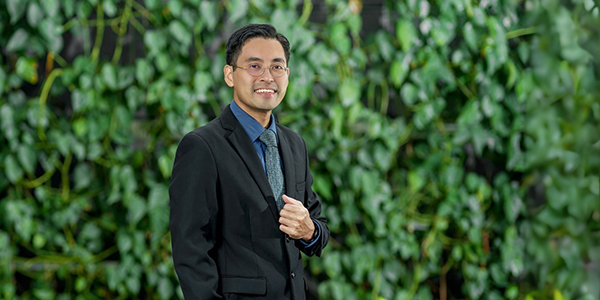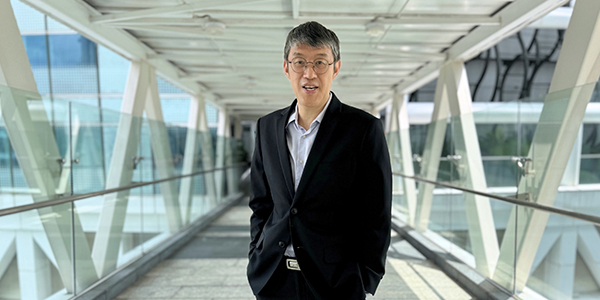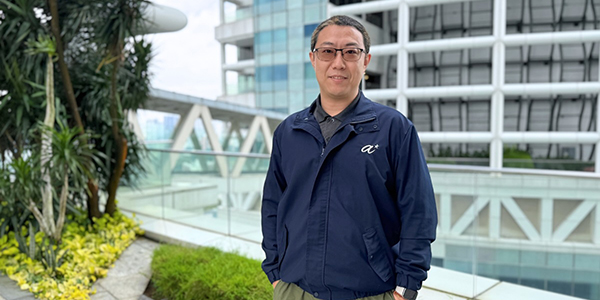FACES OF A*STAR
Leading The Fight Against The Next Big Pathogen
A leading expert in infectious diseases and a highly cited researcher for his work on human immunological response, Prof Laurent Rénia has played an instrumental role in Singapore's fight against microbial pathogens.
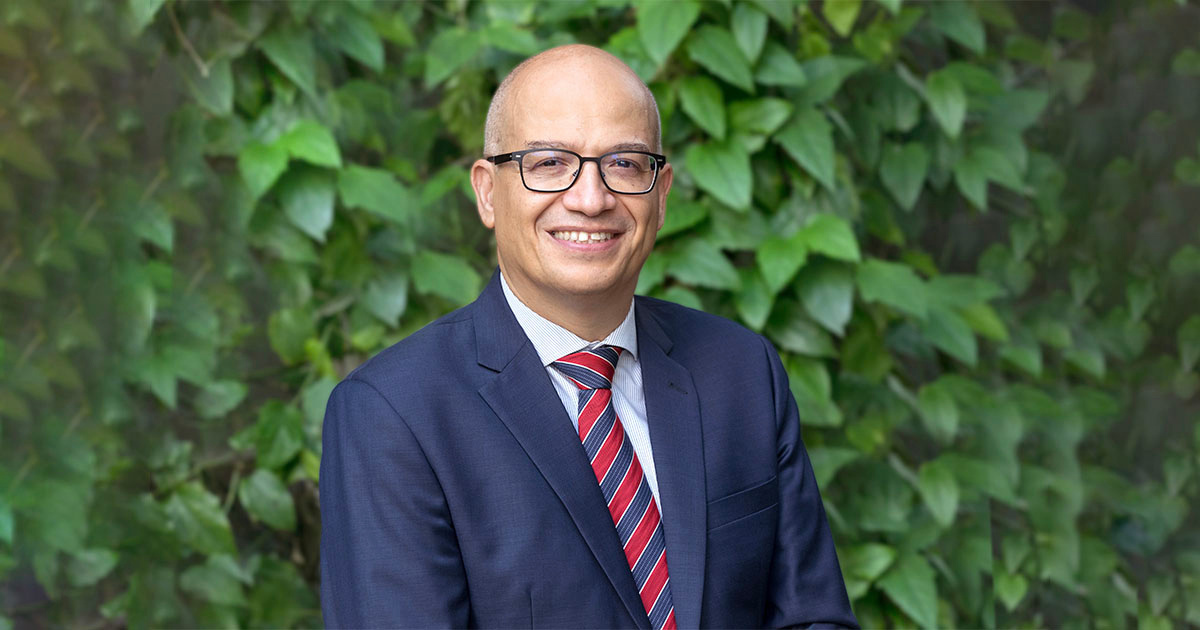
When the COVID-19 pandemic arrived at our shores three years ago, the Singapore healthcare system was not wholly unprepared, thanks to infectious disease experts like Prof Laurent Rénia. Back in December 2019, as Executive Director of A*STAR's Singapore Immunology Network (SIgN), Prof Rénia had learnt about a new virus emerging in China.
He says, "Two to three years before COVID-19 occurred, we were already discussing pandemic preparedness. The various health agencies here – A*STAR, Ministry of Health, National Centre for Infectious Diseases (NCID), amongst others – had worked on a plan when COVID happened."
The experts had known it was merely a matter of time before a virulent strain of pathogen emerged. And Prof Laurent Rénia, who spent the last 20 years studying immune response against vector-borne diseases like malaria, chikungunya and Zika, naturally pivoted his expertise to battling this new coronavirus.
“This was a virus that we had no knowledge about. There were a lot of questions that needed answers, such as why some people got so sick while others were asymptomatic,” he recalls.
While immunotherapy has offered hope to many cancer patients, the average treatment response rate for patients remains low. This has spurred scientists like Dr Subhra S Biswas, Principal Investigator at A*STAR’s Singapore Immunology Network (SIgN) and one of our most highly cited researchers, to investigate how and why some patients respond better to immunotherapy.
Post-COVID, he remains deeply aware that the next microbial pathogen could come out of nowhere. "You can do your best, but you can never really prepare well enough because you don't know what the next threat will be."
For this reason, he started the A*STAR Infectious Diseases Labs (ID Labs) in 2020, becoming its first Executive Director. He explains the rationale behind the move: "It takes 10 years to train a PhD. With a research institute of people with different expertise, we could move quickly from study to diagnostics and treatment when a threat arrives."
With ID Labs up and running, this prolific researcher has more than 330 publications under his belt and has turned his attention to new and re-emerging pathogens. Today, he is one of the most highly cited researchers - one of the world's most influential scientific minds in 2023.
Prof Rénia points to dedicated and brilliant healthcare leaders – such as Prof Lisa Ng, the present head of ID Labs and Dr Vernon Lee, the current NCID executive director – and the excellent pandemic preparedness capabilities of institutions like NCID as cause for cheers.
In his lab, Prof Rénia is constantly looking for the next generation of talented microbiologists.
Motivation, curiosity and imagination are essential. I look for those who bring their ideas to the table – mavericks unafraid to challenge accepted norms.
This is why he strives to be a supportive mentor, inspired by his tutelage under acclaimed parasitologists like Professors Dominique Mazier and Irene Landau, who blazed their own paths as female pioneers in their respective fields.
His current team of researchers can attest to this view. "Many of them have been with me for years. They know they can talk to me about anything because I welcome different points of view. As a scientist, you always have to be ready to be challenged."
Was this article helpful?
A*STAR celebrates International Women's Day

From groundbreaking discoveries to cutting-edge research, our researchers are empowering the next generation of female science, technology, engineering and mathematics (STEM) leaders.
Get inspired by our #WomeninSTEM

